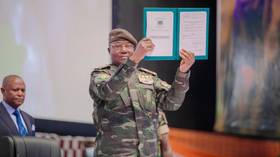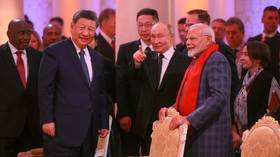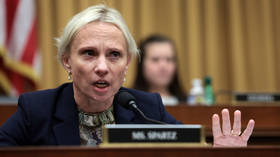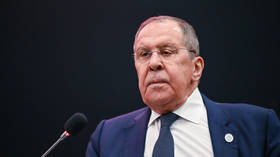What is the US fighting for in Afghanistan?
The war in Afghanistan is becoming one of the most drawn out military operations in US history, and a day after President Barack Obama announced a troop increase, there is sharp debate on how essential the war is.
In July alone, more than 55 soldiers were killed in the deadliest month for US and international forces since the campaign began in 2001. The rise in violence comes as the country heads towards a presidential election next month.
Afghanistan is no stranger to conflicts, and has been dubbed “The Graveyard of Empires” for good reason. As the US continues to pump more money and troops into combat, bringing the conflict to an end still seems like a distant goal. So, the question now is what could be the next stage for the US in Afghanistan.
“Two important markers coming up will decide how things really are going to progress there,” said Jeff Dressler, a Research Analyst at the Institute for the Study of War.
“The first is the election on August 12, and the second is how General McChrystal’s campaign plan is instituted. Judging by various markers of success, he will be given everything he needs to conduct the war that is needed; that he thinks should be undertaken in the area, based on his review.”
Dressler reminded that Afghanistan is “a Taliban and Al Qaeda sanctuary and they operate with impunity there and launch attacks on both the US and Great Britain.”
Dr. Walid Phares, a senior fellow at the Foundation for the Defense of Democracies in Washington, adds that Barack Obama will have a hard time convincing Afghans to accept his policies.
“The strategy of the Obama administration is to enforce and strengthen, finish it and leave,” revealed Pharez. “There is a very difficult passage when you move in and have casualties. American soldiers have been killed more this month than in any month before. That is going to create animosity within the US among its own ranks.”
He predicted that “the Taliban is not going to have propaganda support. Obama would have to deliver at some point that Afghani people are not Taliban.”












